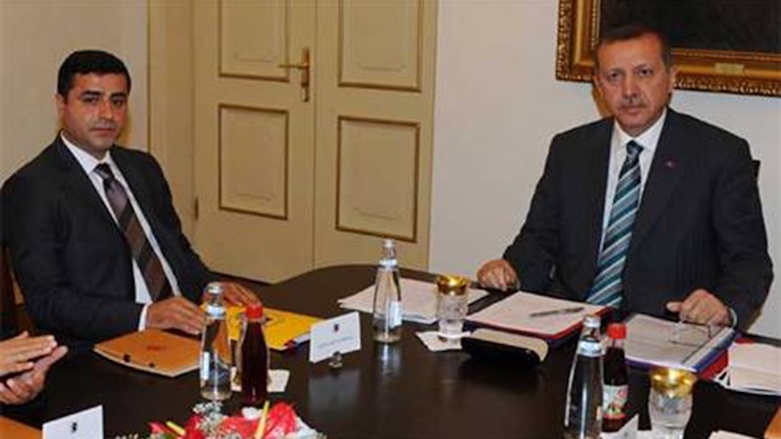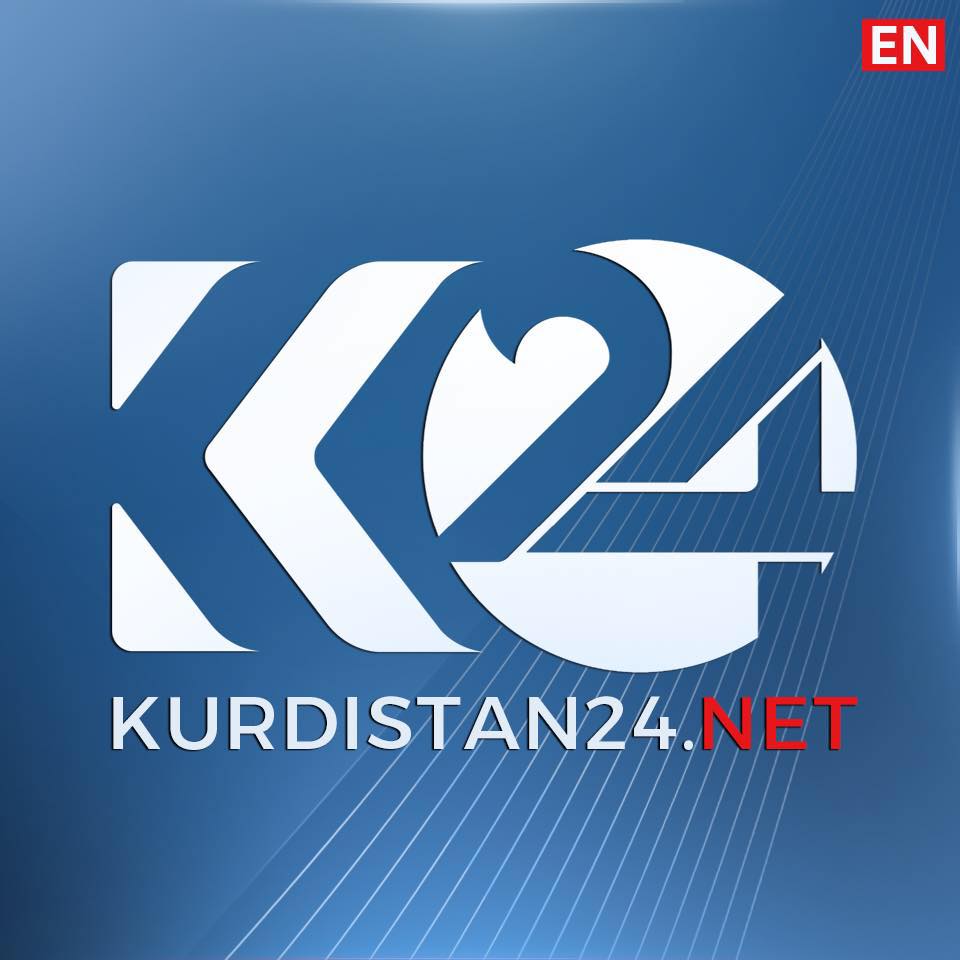Erdogan rebuffs top European court's order to release Demirtas

ERBIL (Kurdistan 24) - Turkish President Recep Tayyip Erdogan rejected a Tuesday ruling by the European Court of Human Rights (ECtHR) that his government must free the long-detained Kurdish political leader Selahattin Demirtas from prison.
"The decision the ECtHR has given does not bind us," Erdogan said, going on to accuse the court of, "in all cases about the terrorist group, ruling against us," in remarks once again charging Demirtas with being a member of the Kurdistan Workers' Party (PKK), a guerrilla group fighting the Turkish state over Kurdish rights.
The Turkish constitution's preamble designates a political system that guarantees the separation of powers in which the executive branch should have no say in judicial matters and its 90th article upholds international treaties that the country has signed over domestic law.
By virtue of its membership in the Council of Europe (CoE) and being a signatory to the European Convention on Human Rights, Turkey is legally and constitutionally bound by rulings of the ECtHR, a point CoE Spokesperson Daniel Holtgen made in a tweet in response to Erdogan's remarks.
No court in Turkey has convicted the former Co-leader of the opposition Peoples' Democratic Party (HDP) of ties to the PKK, although accusations of "terrorism, separatism and insulting the President," based merely on his previous speeches, remain.
The Strasbourg-based ECtHR said the continued detention of Demirtas was excessive and a violation of his rights, agreeing with his lawyers a full 21 months after their application to the court on his behalf.
Its board of judges unanimously held that the Turkish state had to "take all necessary measures to put an end" to Demirtas' continued detention, which it deemed unlawful.
"We have a lot of other things to do in response. We will execute our counter-move and get the job done," the Turkish strongman vowed during a parliamentary convention of his party, without explaining what he meant by "job."
At the time of publishing this report, Demirtas was still not released by Turkish authorities from the prison they have held him since November of 2016.
Prosecutors demand up to 142 years of imprisonment for the Kurdish leader.
Abdulhamit Gul, the Justice Minister who until recently was targeted by US sanctions for his role in the almost two-year-long detention of the now-released American pastor Andrew Brunson, said it was "up to the Turkish judiciary to deliver the final verdict."
The HDP, which urged a local Turkish court trying Demirtas to free him, reiterated that Erdogan's comments were legally void and condemned any and all attempts to influence the judicial process.
Another opposition lawmaker, Sezgin Tanrikulu of the Republican People's Party (CHP), said Erdogan's remarks were the proof Turkey was no longer a state upholding "the rule of law."
"Have you frozen the European Convention on Human Rights, to which we are a party? Is your intention to get us kicked out of the Council of Europe?" Tanrikulu, a Kurd, tweeted.
Erdogan himself has successfully sued Turkey at the ECtHR in the past.
Before his ascent to power in 2003, the court found his rights violated by Turkish authorities at the time who did not allow him to run in parliamentary elections because of a criminal record dating back to a conviction and jail time over reciting a poem with Islamist sentiments, several years earlier.
"The mosques are our barracks,
the domes our helmets,
the minarets our bayonets,
and the believers our soldiers," the poem read.
Editing by John J. Catherine
